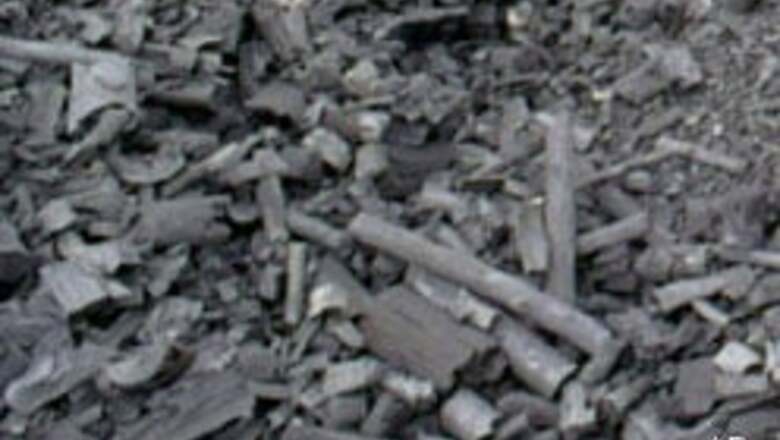
views
London: A recent study by the Global Carbon Project has shown a sharp rise in carbon emissions globally since the year 2000.
The study said that carbon emission was rising by less than one per cent annually up to 2000, but was now rising at 2.5 per cent per year, mostly as a result of rise in charcoal consumption and a lack of new energy efficiency gains.
Dr Mike Rapauch of the Australian government's research organisation CSIRO, who co-chairs the Global Carbon Project, said that 7.9 billion tonnes (Gigatonnes or Gt) of carbon passed into the atmosphere last year; in 2000, the figure was 6.8 Gt.
"From 2000 to 2005, the growth rate of carbon dioxide emissions was more than 2.5 per cent per year, whereas in the 1990s it was less than one per cent per year," BBC quoted Dr Rapauch as saying.
The findings assume significance as they parallel figures released earlier this month by the World Meterorological Organisation that has shown that the rise in atmospheric concentrations of CO2 had accelerated in the last few years.
The Global Carbon Project draws its data from a wide range of sources, including measurements of carbon dioxide levels in the atmosphere and studies on fossil fuel use, from which researchers have extracted two trends, which they believe explain the sharp upturn found around the year 2000.
"There has been a change in the trend regarding fossil fuel intensity, which is basically the amount of carbon you need to burn for a given unit of wealth.
From about 1970 the intensity decreased - we became more efficient at using energy - but we've been getting slightly worse since the year 2000. The other trend is that as oil becomes more expensive, we're seeing a switch from oil burning to charcoal which is more polluting in terms of carbon,” said a Global Carbon Project member, Prof Corinne Le Quere
Le Quere further said that with rising temperatures, natural systems, which absorb carbon dioxide, might also become less efficient, though there is no evidence that this was happening systematically.
"The land sink has been very much affected by recent droughts, especially in the northern hemisphere, but the ocean sink looks relatively stable and it doesn't seem there is a global trend," said Le Quere.




















Comments
0 comment